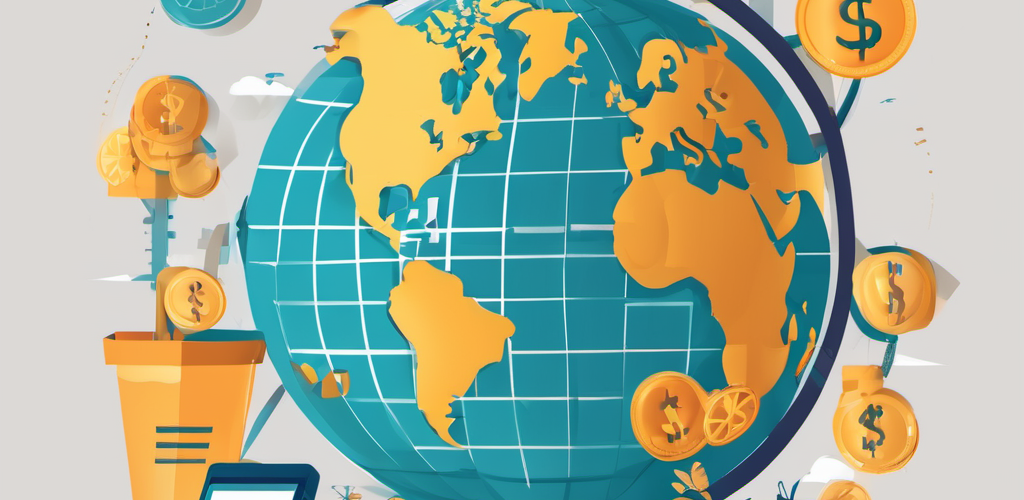- The European Member States are required to reduce their greenhouse gas emissions by 55% by 2030.
- A CO2 border adjustment mechanism (CBAM) has been created to ensure equal treatment of imports from non-EU countries.
- The first report for imports in the fourth quarter of 2023 must be submitted by the end of January 2024.
- The CBAM aims to impose a levy on certain emissions-intensive goods from third countries to prevent production from shifting to countries with lower environmental and climate protection standards.
- Importers of industrial raw materials and goods must report quarterly on embedded emissions until December 31, 2025.
- The affected goods include iron, steel, aluminum, cement, ammonia, potassium nitrate, fertilizers, electricity, and hydrogen.
- Importers and indirect customs representatives are responsible for reporting, and registration with the German customs is required for German companies.
- The CBAM report must be submitted one month after the end of the previous quarter.
- The report should include information on the CO2 emissions and the amount of electricity consumed during production.
- The method for determining CO2 emissions data is still unclear, but actual emission values will be required for reports from July 1, 2024 onwards.
Source: umsatz-steuer-beratung.de
Note that this post was (partially) written with the help of AI. It is always useful to review the original source material, and where needed to obtain (local) advice from a specialist.















